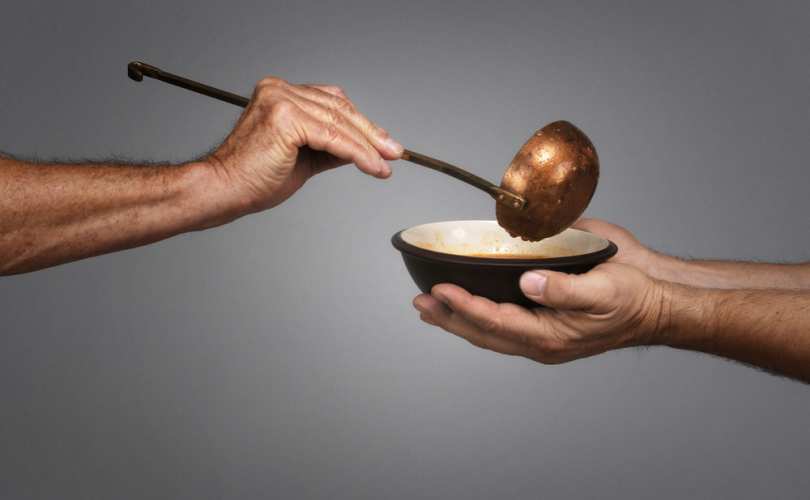Ramadan is also a chance for us to get involved in social justice activities, according to an activist. [Picture: Compassion Without Borders]
For the billions of Muslims around the world, Ramadan is a time of spirituality and devotion. Closer to home, though, it also draws in the aspect of social justice, says a Muslim activist.
Speaking in an interview with Ashraf Garda on Salaamedia, Dr Quraysha Ismail Sooliman, deputy director at the Centre for Mediation in Africa at the University of Pretoria (UP), encouraged Muslims to “find a pertinent message about Ramadan that resonates with context in your country”.
For instance, she said, “I’ve said Ramadan is about social justice. This is what Ramadan reminded me about and brings for me a very specific mindset”.
“The people who are socially vulnerable, the people who are suffering from extreme poverty and the people who are hungry and food insecure are basically the vast majority that have been disproportionately affected by the history of apartheid and, of course, a very pitiful state of governance in the last thirty years.”
SMread: Will South Africa arrest Vladimir Putin? Probably not – here’s why
Social justice in Ramadan
Sooliman believes Ramadan ties in with the context around her, where she finds many people in a position of food insecurity. As a fasting person, she said, she was able not only to have a glimpse at what it might feel like, but to recognise the responsibility to act.
“I do believe that every fundamental act of Islam is meant to create some kind of consciousness. It’s meant to serve something beyond physical deprivation. If one has to look at Ramadan and link it with hunger, this is relevant because … 6.5 million of South Africa’s population is hungry and food insecure.”
But it does not stop at simply resonating with the plight of the underprivileged, she said. One must go further by searching for their role.
“I simply stand outside and I can physically [and] spiritually see it and I can almost taste the hunger in our population. How do I then respond? Am I going to look at it and drive past? Am I going to give a small donation only thinking I’ve fulfilled my duty, or is there a greater role for me?”
This greater role, she suggested, was in participating in empowerment efforts. These efforts would extend beyond simply feeding people, but also involve contributions towards capacity building and upliftment in the long run.
SMread: Understanding Ramadan and its importance to Muslims
Impact of Ramadan
Another opportunity in Ramadan was to present Islam to the world, whether through taking up causes for social justice or simply informing people about the religion, she said.
This was especially important in a time where Islamophobia appeared to be on the rise. However, said Sooliman, Ramadan had a countereffect on this as people were beginning to seek more information.
“The message is coming out. More people are becoming aware. Islamophobia has had a countereffect on what Islam is in certain sectors, but in other areas, especially in South Africa, has presented an opportunity for Muslims to be showcased and people are eager to learn about Islam and what Muslims offer them, too. Ramadan is one such opportunity.”
Ramadan and the rituals observed during the holy month also fed “an interest for something beyond what abstinence from food and drink is,” said Sooliman, adding, “People are beginning to question who is this prophet and what is this Qur’an”.
She reminded Muslims that everyone was able to make a difference.
“You as an individual can make a difference. You don’t have to wait for somebody else to help another human being. We start there. We cannot sit and wait for [the] government to do things – we have a responsibility and part of that is to make sure that we uplift people.”
Ashraf Garda and Dr Quraysha Sooliman spoke about ways to get involved in social justice. Listen to the full discussion here.
